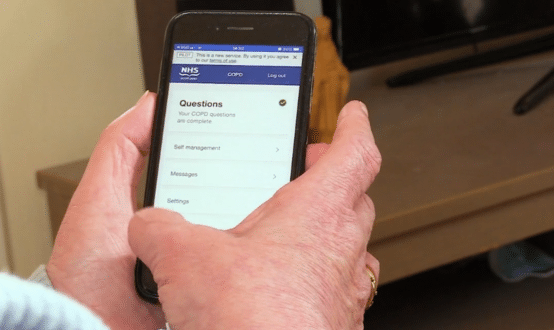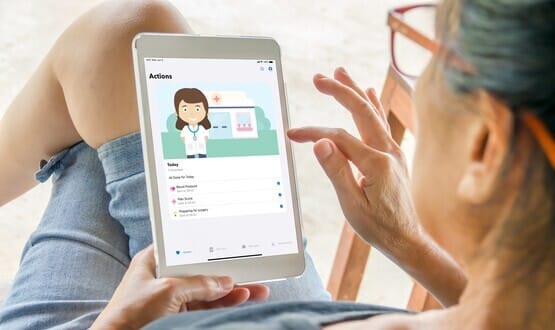Digital Health Coffee Time Briefing ☕
- 8 November 2023

Your morning summary of digital health news, information and events to know about if you want to be “in the know”.
???? News
???? A group of companies developing innovative new medicines for rare diseases, working together through their trade association, is calling for the UK to lead greater collaboration between stakeholders, and uptake of best practice both in the UK and internationally, to improve access to new treatments for patients. The call from the BioIndustry Association (BIA)’s Rare Disease Industry Group (RDIG) is informed by a new report by the BIA, with research provided by global consultancy firm PwC, which has highlighted the progress that has been made in improving access to rare disease treatments in the UK, and the challenges that remain.
???? Whiterabbit.ai, an AI-technology company dedicated to making late-stage diseases a rarity, has announced its collaboration with the American College of Radiology (ACR) Data Science Institute (DSI) to make its AI-driven breast density software, WRDensity, available on ACR’s AI-LAB platform. WRDensity is the first FDA-cleared, commercial algorithm on the ACRconnect platform alongside 12 investigational models from other parties.
???? Hundreds of doctors and nurses from several countries came together again at the third Luscii Medical Developer Conference (LMDC) to share experiences and success in digital care. This year, the event was held simultaneously in London and the Netherlands, with the theme ‘connecting the dots’. As well as hearing from some keynote speakers, healthcare professionals shared evidence for remote monitoring services and their experiences transforming care paths using Luscii. After the most innovative nurse received the Luscinia Award, Luscii announced the launch of a new initiative, The Challengers, with the ambition of bringing healthcare professionals together to collectively tackle practical challenges in scaling up digital care.
???? A senior figure within NHS Research Scotland (NRS) is leading a James Lind Alliance (JLA) project analysing the application of digital health technologies for cardiovascular issues. NRS’ Cardiovascular Clinical Network is a key member of the JLA steering group, and executive team member Professor Lis Neubeck – the Network’s clinical research champion – is driving forward its primary goal of informing future studies that will place patients at their centre. The project is part of a Priority Setting Partnership (PSP) between Edinburgh Napier University – where Lis is professor of cardiovascular health – and Aberdeen’s Robert Gordon University which will help to decide major priorities across the UK for those using digital health technologies to prevent and manage heart conditions.
???? A new report from Kore.ai, provider of conversational and generative AI platforms and solutions, has revealed a growing acceptance for AI-powered intelligent virtual assistants (IVAs) that meet customer quality expectations unfulfilled by legacy chatbots. The findings also depict a significant shift in sentiment for AI, with only a 7% difference between total ratings for IVA (70%) and all Live Agent modes (77%), for both simple and complex interactions.
❓ Did you know that?
A groundbreaking study from Stanford University’s Virtual Human Interaction Lab in collaboration with MyndVR and AT&T 5G Healthcare that uses VR glasses by HTC Vive, has revealed older adults’ attitudes towards new technologies and that VR can enhance relationships between caregivers and the aging population.
Through this research, 245 older adults and 39 caregivers were surveyed in 16 Senior Care communities across 10 states. Some findings included:
- 81.5% of caregivers reported that they enjoyed interacting with residents more while using MyndVR than while doing other activities
- 94.9% said that using MyndVR was moderately to extremely beneficial to their relationship with the resident
- 83% of residents reported that using MyndVR was moderately to extremely beneficial to their relationship with the caregiving staff
???? What we’re reading
STAT News – An experimental treatment that delivers an electrical current to the spinal cord appeared to notably improve the ability of a man with Parkinson’s to keep his balance and walk without freezing up, a development that experts say could be a dramatic advance if it is found to deliver similar benefits in larger studies. Read the story in full here.
???? This week’s events
9 November, 11.00-12.30, The Health Foundation – What will the NHS look like at 100? REAL Challenge annual lecture




